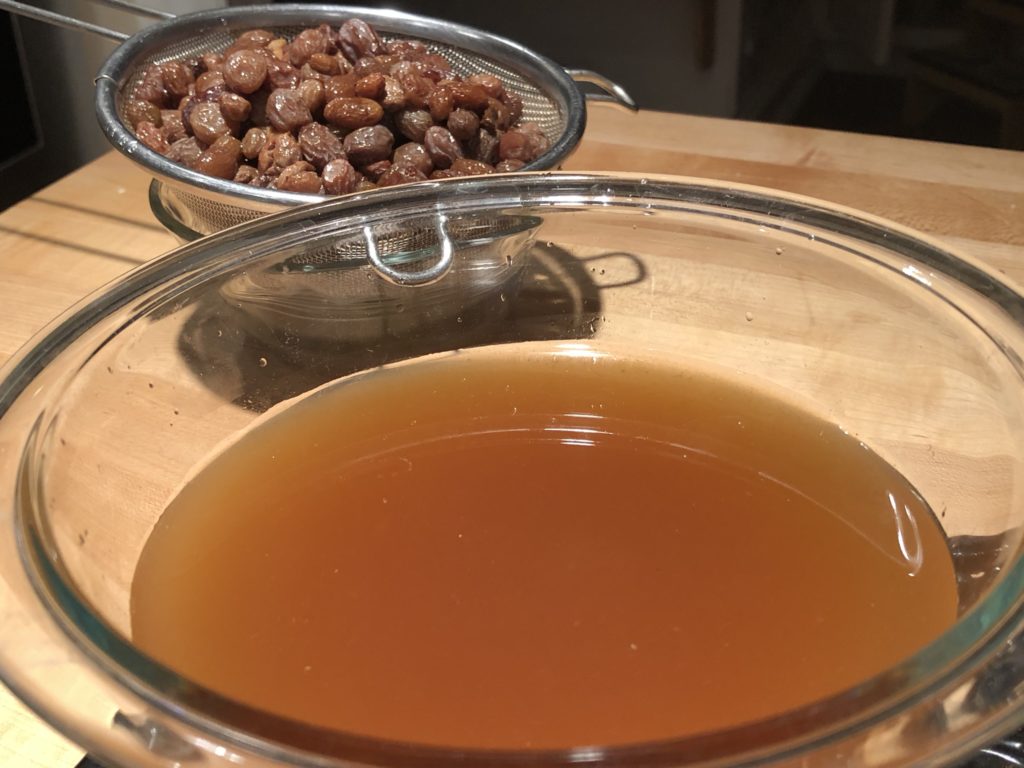Ginger (Zingiber officinale) is an herb that is native to Southeast Asia and has been used as a food additive for over 4000 years, and for medicinal purposes for more than 2500 years. It is the “root” of the ginger plant (which is actually not a root, but a rhizome) and it’s been used both, for medicine and as a potent (and satisfying) flavoring for food. Compounds in ginger are said to have anti-inflammatory properties and are also known to have a positive effect on the digestive tract.
Ginger is probably most famous for its ability to help sooth digestive ailments and for its anti-nausea properties. Ginger is sited for helping with the nausea common after surgery and also after treatment with chemotherapy. Similarly, ginger can be effective in treating motion sickness.
Ginger comes in many forms: dried and ground to a powder, sweetened and in crystal form, and of course, as the fresh root. It may be taken as a supplement, in beverages (tea, ginger ale, ginger beer), as a food flavoring, (in both sweet and savory cooking) or simply chewed on raw, to extract any juice.
A Warning
Although there are many documented health benefits of including ginger in one’s diet, there have also been some warnings. Ginger is not recommended for use during pregnancy, for instance, especially during the first trimester and can also increase the risk of bleeding before having certain surgical procedures. There are also some contra-indications when taking certain medications, so it’s always best to check with your doctor before using ginger as a holistic way to help with physical symptoms.


 Delicious
Delicious You are enough.
You are enough. How to feed your sourdough starter right!
How to feed your sourdough starter right! Disappointment
Disappointment How Religious are You?
How Religious are You? Some foods to always have prepared and ready.
Some foods to always have prepared and ready.